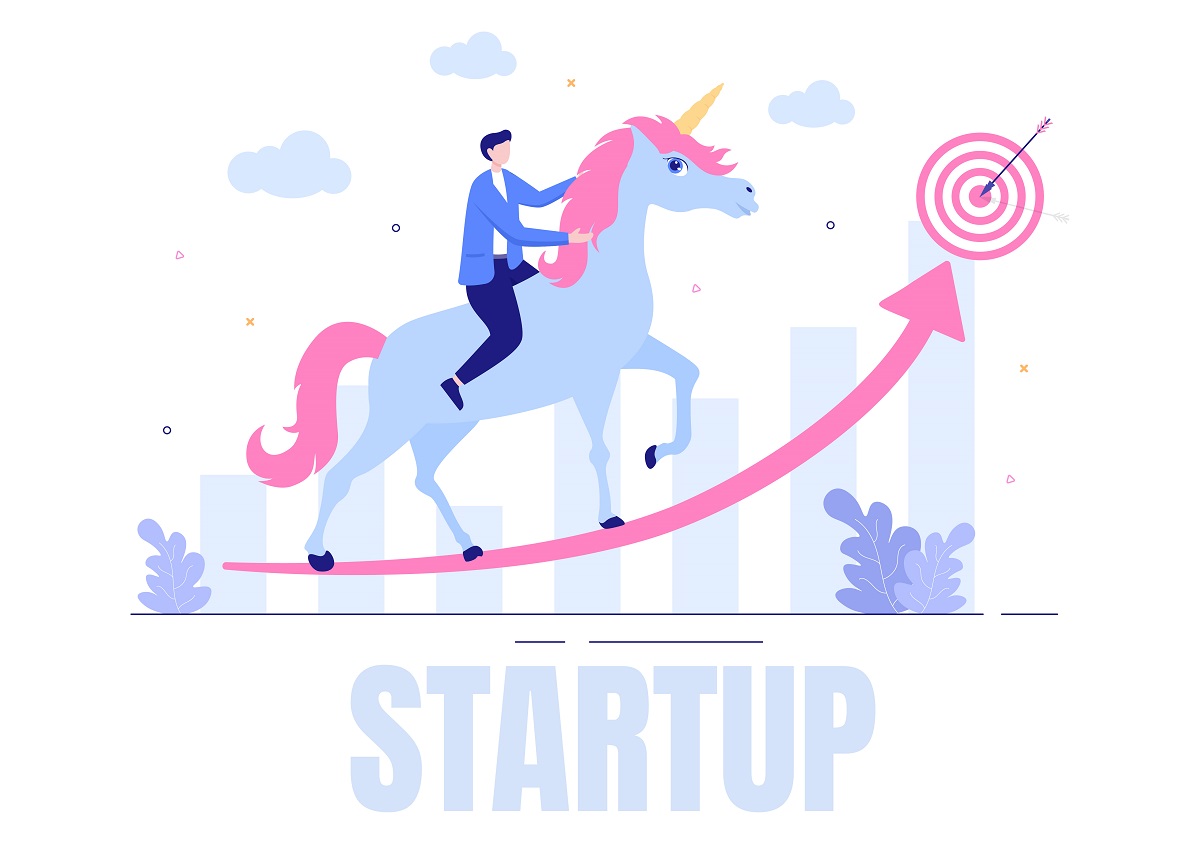For years, the startup world revolved around one shiny goal: becoming a unicorn. A billion dollar valuation was seen as the ultimate recognition of success. It was a badge founders chased, investors celebrated, and media amplified. But that era is starting to fade. A new reality is emerging where startup success metrics are no longer defined by valuation alone.
In Indonesia and across the global tech ecosystem, conversations have shifted from how fast a startup can scale to how solid its foundation truly is. Instead of hypergrowth, the focus is on business longevity. Instead of fundraising announcements, founders are now discussing retention, operational efficiency and actual profitability.
This shift is not random. It reflects a response to changing economic conditions, tighter funding climates, and sharper scrutiny from investors. Being big is no longer enough. Being durable is what matters now.
Why The Unicorn Era Is Losing Its Shine
The unicorn label once symbolized prestige. But over time, it also became a misleading benchmark. Many companies achieved high valuations without clear revenue models. Some burned large amounts of capital without reaching sustainable unit economics. When investor sentiment cooled, many of these flashy companies struggled to survive.
Indonesia witnessed this firsthand. Several companies that once celebrated their unicorn status later announced mass layoffs, restructuring efforts or business pivots. This raised an important question for founders and investors alike. Does valuation reflect real success Or should startup success metrics be measured differently
The answer is becoming clearer. High valuation without efficiency is fragile. A stable business with growing revenue and loyal customers is far more valuable in the long run.
The New Startup Success Metrics Investors Truly Care About
Investors have refined their checklist. Rather than chasing hype, they are now looking for resilience. The modern version of startup success metrics includes:
- Profitability or clear path to profitability. Even if a startup is not fully profitable yet, investors want to see concrete plans rather than vague projections.
- Healthy unit economics. Every transaction must contribute value rather than creating losses at scale.
- Customer retention and stickiness. A startup that retains users without heavy marketing spend is far more powerful than one that keeps acquiring users who quickly churn.
- Operational efficiency. Leaner teams that deliver consistent results are increasingly admired over bloated organisations.
- Revenue diversity. Startups that depend on one primary income stream are seen as risky. Those with multiple sources of revenue are considered more durable.
Founders who understand these modern startup success metrics stand out in investor meetings. Rather than presenting grand visions, they present realistic financial health.
Founders Are Embracing Sustainability Over Hype
Interestingly, the shift is not only driven by investors. Many founders themselves are tired of building for valuation instead of building for impact. Several well known entrepreneurs have publicly stated that they no longer aim for unicorn status. Instead, they aim to be long lasting, profitable and respected companies.
In Indonesia, more startups adopt this philosophy. Food, logistics, software and retail technology companies are building quietly with strong margins. Some are already profitable even without raising large amounts of external capital. Their growth may be slower but it is steady.
There is now pride in building a cockroach startup instead of a unicorn. The cockroach analogy refers to companies that can survive any conditions because they are built with discipline and practicality.
The Future Of Indonesian Tech Lies In Responsible Growth
Indonesia remains one of the most promising digital economies in Asia. Billions of dollars in opportunities exist across e commerce, fintech, agriculture and healthcare technology. But success in the next decade will depend on discipline rather than aggression.
The startup success metrics that will define winners are no longer based on fundraising press releases. They will be based on revenue performance, customer loyalty and operational execution. Governments and regulators also prefer stability over chaos. Programs that support startups now increasingly include financial literacy and sustainability strategies, not only innovation and speed.
This shift is healthy for the ecosystem. It filters out companies that rely on hype and rewards those that focus on value creation. For founders who genuinely care about solving problems, this is a great time to build.
A company that grows sustainably may not become viral on social media but it will earn long term respect. In the near future, being profitable and respected may become the new indicator of prestige. Being a unicorn will be optional.
Read More






 Saturday, 28-02-26
Saturday, 28-02-26







